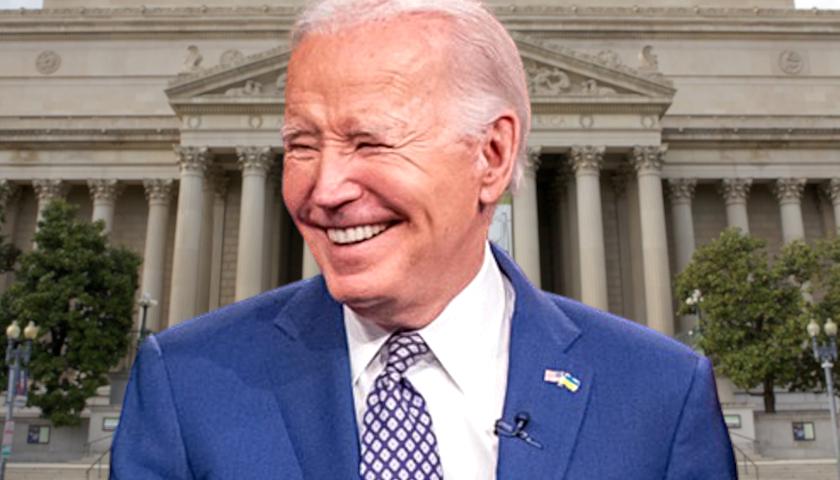The ban on flavored e-cigarettes in Michigan went into effect on Wednesday, roughly a month after Gov. Gretchen Whitmer announced Michigan would be the first state to ban flavored vapes.
Retailers are currently only allowed to sell e-cigarettes that taste like tobacco. The ban also prohibits menthol-flavored vapes. Selling the flavored products is a misdemeanor punishable by up to a $200 fine, six months imprisonment or both for each offense.
The Michigan ban is in place for six months. These six months can be extended for another six months before a permanent rule has to be put in place.
The ban is part of a nation-wide effort to scale back the amount of youth who are using e-cigarettes.
“As governor, my number one priority is keeping our kids safe,” Whitmer said in a statement when she originally instituted the ban. “And right now, companies selling vaping products are using candy flavors to hook children on nicotine and misleading claims to promote the belief that these products are safe.”
Whitmer also signed a bill in June banning the sale of e-cigarettes to minors.
Use of e-cigarettes shot up 78 percent among high school students and 48 percent among middle school students between 2017 and 2018, according to Whitmer’s statement in September. In 2018, one in five high school students and one in 20 middle school students regularly used e-cigarettes.
Vaping can pose severe health risks and, in some cases, lead to death.
There have been 805 lung injury cases and 12 deaths reported around the country related to e-cigarette usage, according to the latest data from the Center for Disease Control and Prevention.
The CDC has received demographic data from 771 of the patients and found that around 69 percent of the patients were male. It also found that 22 percent of the patients were between 18- and 21-years-old and 16 percent were under 18.
No deaths have occurred in Michigan, although between 10 and 29 users have contracted an illness from e-cigarettes.
It is still unclear exactly what substance in the e-cigarettes is causing the illnesses.
This most recent ban also prohibits the advertisement of vapes on billboards and requires the removal of language that leads consumers to believe that the products are harmless.
“In the absence of robust regulation by the Food and Drug Administration, we know shockingly little about the health impact of e-cigarettes being widely marketed to youth and adults,” said Nancy Brown, CEO of the American Heart Association. “The recent outbreak of respiratory illnesses associated with e-cigarette use has only added to the uncertainty and increased the need for immediate action. What we do know is nicotine is highly addictive and has adverse effects on the developing brain, and flavors strongly appeal to youth.”
– – –
Jordyn Pair is a reporter for Battleground State News and The Michigan Star. Follow her on Twitter at @JordynPair. Email her at [email protected].
Photo “Man Vaping” by TBEC Review. CC BY 2.0.





